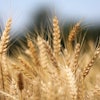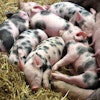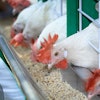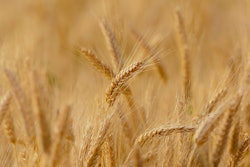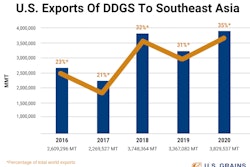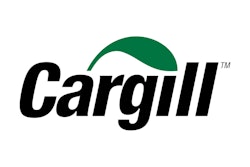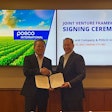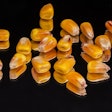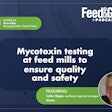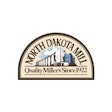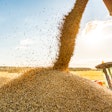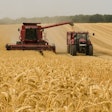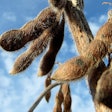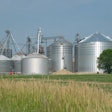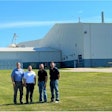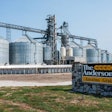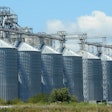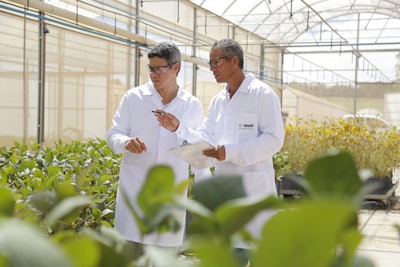
BASF strengthens its activities in research and development (R&D) for sustainable agricultural innovations to continue helping farmers to overcome environmental and economic challenges as well as meeting consumers’ demand for more sustainably produced food. With solutions launching throughout the next decade, the pipeline supports the company’s goal to annually increase its sales share ofagricultural solutions with substantial contribution to sustainability by 7percent.
By 2030, more than 30 major R&D projects will complement BASF’s connected offer of seeds and seed treatment products, chemical and biological solutions, as well as digital services. This brings the pipeline to an estimated peak sales potential of more than €7.5 billion. In 2020, BASF spent €840 million in Agricultural Solutions R&D, representing around 11 percent of the segment’s sales. In 2021, the company will continue to invest in agricultural R&D at a high level.
“BASF leads in solutions for sustainable agriculture. In addition to developing innovations, we also provide a connected offer, combining effective products as well as new technologies and services, tailored to farmers’ needs,” said Paul Rea, Senior Vice President, BASF Agricultural Solutions North America. “Sustainability is engrained in our entire R&D process. It leads the way in how we develop our innovations which help farmers produce more crops and increase efficiency while preserving natural resources.”
BASF has committed toambitious sustainability targets for its agriculture business by 2030. Besides increasing the annual sales share of sustainable agricultural solutions, farmers will be supported in reducing their CO2emissions by 30 percent per ton of crop produced. Further, the company strives to apply digital technologies on more than 400 million hectares of farmland cumulatively by 2030, while continuing to ensure the safe use of its products. BASF remains committed to developing solutions that drive the transformation of the agricultural food system for the better.
Connected offer for productive and environmentally friendly farming
By 2050, farmers will have to feed an estimated 9.7 billion people, requiring an increase in productivity of 50 percent. Digitalization has the potential to make an important contribution to this. The company is advancing its digital technologies together with other innovations across its whole portfolio. This combination allows farmers to achieve better yield on existing arable land, while supporting biodiversity preservation.
In November 2020,BASF and Bosch signed a joint venture agreementto globally market and sell smart farming solutions from a single source in the future. Through the joint venture, which is subject to approval by relevant antitrust authorities, the companies plan to launch theSmart Spraying solutionthis year. The new technology recognizes weeds and allows a precise application of herbicides, which maximizes productive land-use and reduces the environmental impact by lowering the volume of herbicides applied.
In addition, the new outcome-based business model xarvio®HEALTHY FIELDS provides farmers a tailored, optimized field- and season-specific crop protection strategy, enabling them to achieve agreed yield forecasts. This way, the company answers modern farming challenges and requirements by society and regulatory agencies, contributing to more sustainable farming. BASF’s connected offer further extends the development of herbicide-tolerant traits and chemical crop protection tailored to these traits. Combined with solutions to control weeds before they emerge, these enable no-till farming, which leads to less CO2released from the soil, and reduces soil erosion.
Meeting growing demand for sustainably produced food
To continuously steer the product portfolio towards even more sustainable solutions, BASF applies theSustainable Solution Steeringmethod, which is unique in the industry and third-party audited, in the early stages of research and development.
The company’s advanced insecticides portfolio is one example of successful Sustainable Solution Steering. It offers solutions that increase agricultural productivity and reduce environmental impact, creating added value for both farmers and society. Inscalis®insecticide, with its novel mode of action, helps farmers safeguard their yield without negatively impacting soil and water organisms or birds.
When applied according to the respective label instructions, Inscalis based products will not impact beneficial insects. The compound is also an essential tool in preventing insecticide resistance. Another example from the company’s portfolio is Broflanilide, the active ingredient in Teraxxa™ F4 seed treatment. Teraxxa received approval in Canada last fall and registration by the U.S. Environmental Protection Agency (EPA) in January.
To find out more about BASF’s innovation pipeline in agriculture, visitAgInnovation.basf.com.


